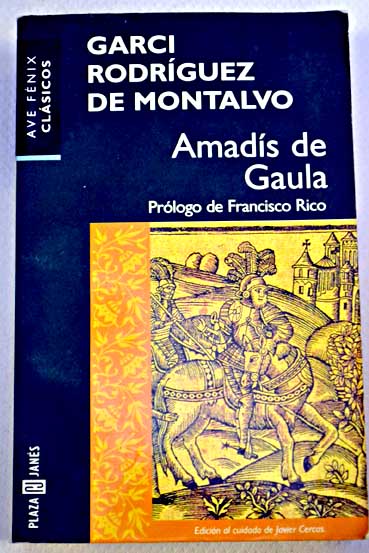
Montalvo spent many years translating and recasting the Amadis of Gaul novels and appending a fourth book of his own. Most of his works may have been published after his death. Records of a lawsuit held in the Chancery of Valladolid show that by 1505 Montalvo had died. His grandson García de Montalvo participated in the conquest of Venezuela and Peru around 1540 and was an informant for Fernández de Oviedo. Garci Rodríguez de Montalvo had three children: Pedro Vaca, Juan Vaca Montalvo and Francisco Vaca. In 1482 he was part of a contingent sent from Medina del Campo to guard Alhama in the Province of Granada, which had recently been captured from the Moors. At one time Montalvo had the title Alderman of Medina del Campo and was clerk of the land of the surrounding town. This lineage came from Martín Gutiérrez de Montalvo, VIII lord of Botalorno. He came from an influential family, belonging to the Pollino lineage, one of the seven who dominated Medina's council policy. Montalvo was born in Medina del Campo in the Province of Valladolid, Spain. Montalvo is known to have been referred to by several other names, including Garci Ordóñez de Montalvo, García Gutiérrez de Montalvo and García de Montalvo el Viejo. It is the sequel that Montalvo is most often noted for, not for the book itself, but because within the book he coined the word California. Montalvo incorporated a fourth book in the original series, and followed it with a sequel, Las sergas de Esplandián.


1450 – 1505) was a Castilian author who arranged the modern version of the chivalric romance Amadis of Gaul, originally written in three books in the 14th century by an unknown author. Garci Rodríguez de Montalvo ( Spanish: c.

Los cuatro libros de Amadís de Gaula, Zaragoza: Jorge Coci, 1508


 0 kommentar(er)
0 kommentar(er)
